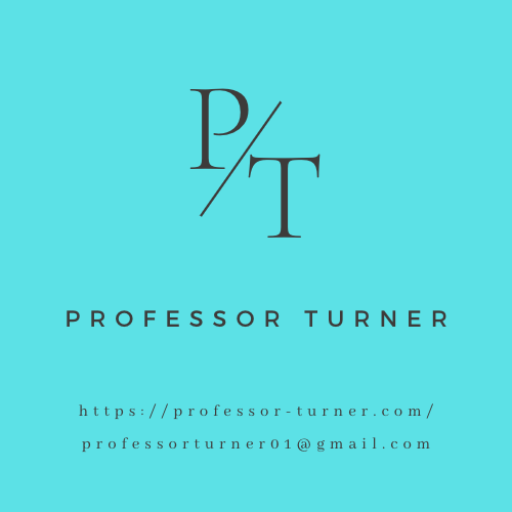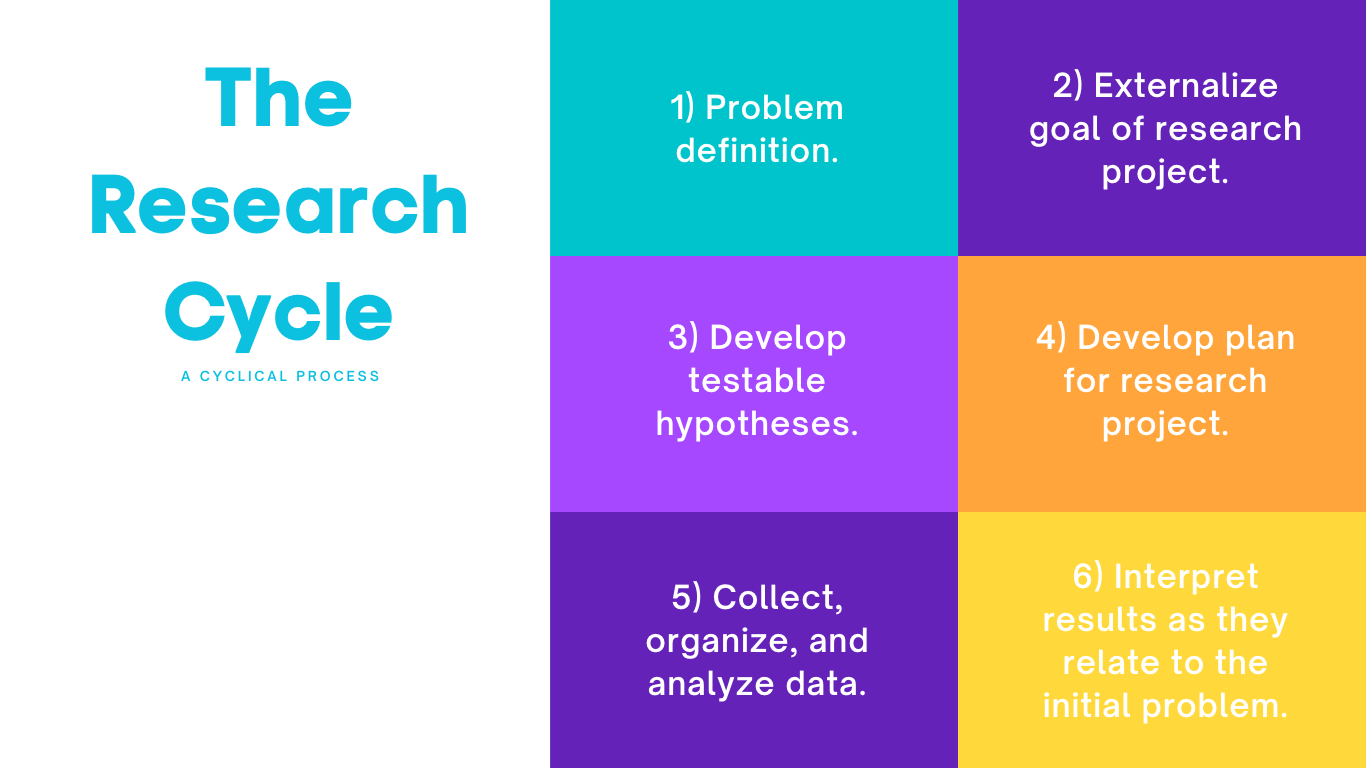Research
Science is “in the truth business” (Lipton, 2004, p. 3).
Most research that I deal with falls under the category of Social Research. Social research is described in the following:
“Academic research on topics relating to questions relevant to the social scientific fields, such as sociology, human geography, social policy, politics, and criminology. Thus, social research involves research that draws on the social sciences for conceptual and theoretical inspiration” (Bryman, 2016, p. 3).
The research that I mostly deal with involves drawing from the fields of study (e.g., cognition, complexity, decision-making, human performance technology, leadership, management, psychology, team science).

Research Program
A research program is “a sequence of scientific theories that all explore and develop the same basic theoretical ideas” (Godfrey-Smith, 2003, p. 240).
The Scientific Strategy
Science tests theories:
“Science works by taking theoretical ideas and trying to find ways to expose them to observation. The scientific strategy is to construe ideas, to embed them in surrounding conceptual frameworks, and to develop them, in such a way that this exposure is possible even in the case of the most general and ambitious hypotheses about the universe” (Godfrey-Smith, 2003, p. 161).
Identify a Problem
Develop Hypotheses
Collect Data (test hypothese)
Analyze Data
Make inferences about Initial Problem
The Scientific Method
“The method that searches after knowledge” (Leedy & Ormrod, 2016, p. 20; scientia, Latin for knowledge).
The term ‘scientific method’ historically refers to:
“An approach in which a researcher (a) idetnfies a problem that defines the goal of one’s quest; (b) posits a hypothesis that, if confirmed, resolves the problem; (c) gathers data relevant to the hypothesis; and (d) analyzes and interprets the data to see whether they support the hypothesis and resolve the question that instigated the research” (Leedy & Ormrod, 2016, p. 20).
Methodology
All methodologies, even the most obvious ones, have their limits.
(Feyerabend, 2010, p. 241)
A research methodology is the approach that researchers take in carrying out their research project. Research tools and techniques are mechanisms or strategies used to collect, analyze, and interpret data (Leedy & Ormrod, 2016).
The Research Cycle
The research cycle is an iterative one that requires continuous testing and modification. There are several variations of the research cycle. You will find a few here on this page. The general steps related to the research cycle, as presented by Leedy and Ormrod (2016) include:
- The researcher begins with a problem=an unanswered question.
- The researcher clearly and specifically articulates the goal of the research endeavor.
- The researcher often devides the principal problem into more manageable subproblems.
- The researcher identifies hypotheses and assumptions that underlie the research effort.
- The researcher develops a specific plan for addressing the problem and its subproblems.
- The researcher collects, organizes, and analyzes data related to the problem and its subproblems.
(pp. 3-5)

The Structure of a Research Article
The following diagram briefly highlights the main components of a research article. The remaining sub-headings under the ‘Research’ tab of this webpage will provide more details and resouces for each of these items.
Engaged Scholarship
Researcher – Practitioner – Stakeholder Engagement
By: Andrew Van de Ven
Research Methods
Alan Bryman
Research Tools
By: Nader Ale Ebrahim


